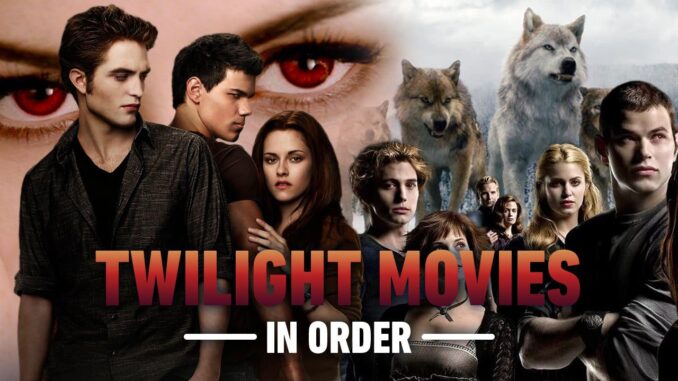
The Unfurling: Kristen Stewart Reflects on Twilight and Her Life After Bella
For an entire generation, the name Kristen Stewart was not merely an actress but a vessel, a shimmering, slightly awkward mirror held up to the tumultuous heart of adolescent yearning. She was Bella Swan, the quietly intense, perpetually conflicted human girl caught between the glittering allure of a vampire and the steadfast warmth of a werewolf. Twilight was more than a film franchise; it was a global phenomenon, a cultural high-water mark that propelled its young stars into a stratosphere of fame few could comprehend. But what happens when the twilight fades, when the fangs are put away and the fictions dissolve? For Kristen Stewart, the life after Bella has been a fascinating, often defiant, unfurling – a journey she now reflects upon with a clarity forged in the very fires of that unparalleled fame.
The initial years post-Bella were less an evolution and more a frantic shedding. The public, so used to seeing her defined by her onscreen love triangle and off-screen scrutiny, struggled to reconcile the withdrawn superstar with the nascent artist trying to break free. Stewart’s immediate choices were telling: a deliberate pivot away from blockbusters towards the raw, often uncomfortable intimacy of independent cinema. Films like Clouds of Sils Maria, where she held her own opposite Juliette Binoche, or Personal Shopper, an ethereal ghost story that leaned into her unique blend of vulnerability and detachment, were not just roles; they were statements. They were her declaration that she was more than the sum of her most famous character’s anxieties. She sought out directors who valued authenticity over polish, narratives that bruised rather than coddled. This wasn't a calculated career move so much as an artistic imperative, a visceral need to prove to herself, and perhaps to the lingering shadow of Bella, that her talent extended beyond a single, defining archetype.
In these reflections, Stewart often speaks of Twilight not with regret, but with a nuanced understanding of its profound impact. She acknowledges the "wild" experience, the "fertile training ground" it offered. It was a crucible, shaping her resilience and her relationship with public scrutiny. She admits to feeling the weight of expectation, the pressure of being the face of something so massive, but also recognizes the immense love and dedication of the fanbase. Her reflection isn't a dismissal of Bella, but an integration. She understands that Bella, in her own quiet way, opened doors, not just to fame, but to the industry itself, allowing Stewart the freedom to later choose the paths less traveled.
Beyond the silver screen, Stewart’s personal journey has been equally illustrative of her life after Bella. The intense public dissection of her early relationships gave way to a quiet, confident embrace of her own identity. Her sexuality, once whispered about and speculated upon, became a matter-of-fact part of her public persona, spoken of with a refreshing lack of drama. Her fashion, too, evolved from red-carpet awkwardness to a celebrated, gender-fluid aesthetic that cemented her status as a style icon unafraid to defy conventional norms. This outward expression of self, this refusal to conform to a pre-packaged celebrity image, directly mirrors her artistic choices. It speaks to a deep-seated commitment to authenticity that feels both hard-won and entirely natural.
When Stewart talks about Twilight now, there's a certain wistfulness, a wisdom. She’s no longer the deer-in-headlights ingenue, but an established actress, a director in her own right, capable of inhabiting figures as complex and iconic as Princess Diana in Spencer. She speaks of Bella not as a burden, but as a ghost in the best possible way – a spectral presence that once defined her, but now simply informs the rich tapestry of who she has become. The reflection is one of gratitude mixed with relief, of recognizing the extraordinary gift of that early success, and the even greater gift of being able to choose her own way forward.
Kristen Stewart’s life after Bella is a powerful illustration of an artist reclaiming her narrative. It’s a testament to the idea that fame, no matter how overwhelming, doesn't have to be a cage. It can be a launchpad, a crucible from which something far more genuine and compelling emerges. The girl who once embodied the quiet angst of a lovestruck human has blossomed into a fearless, authentic, and undeniably compelling force in Hollywood, proving that sometimes, the true light doesn't appear until the twilight of one’s defining moment has truly faded.
